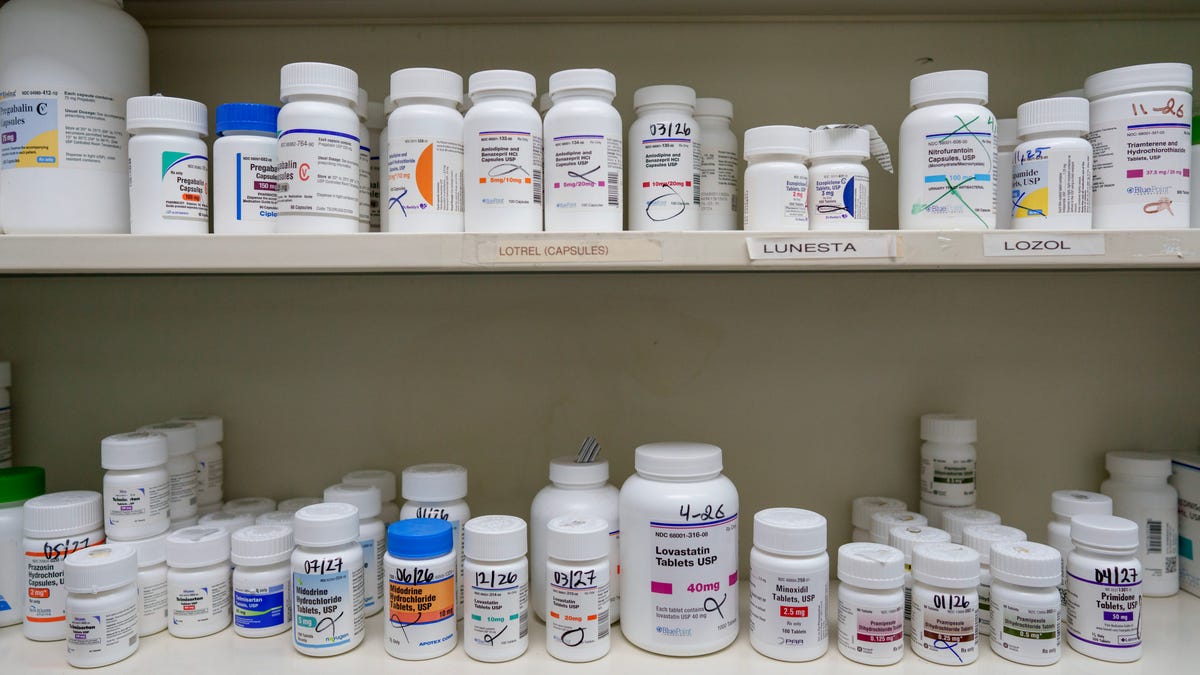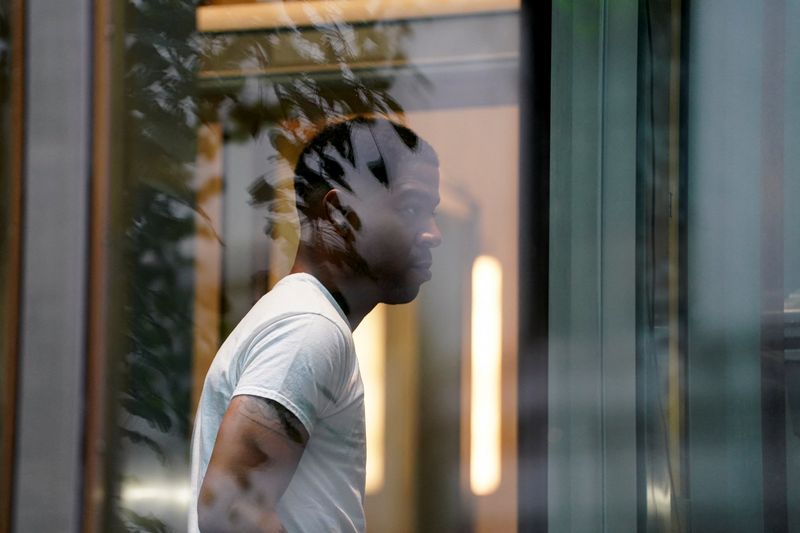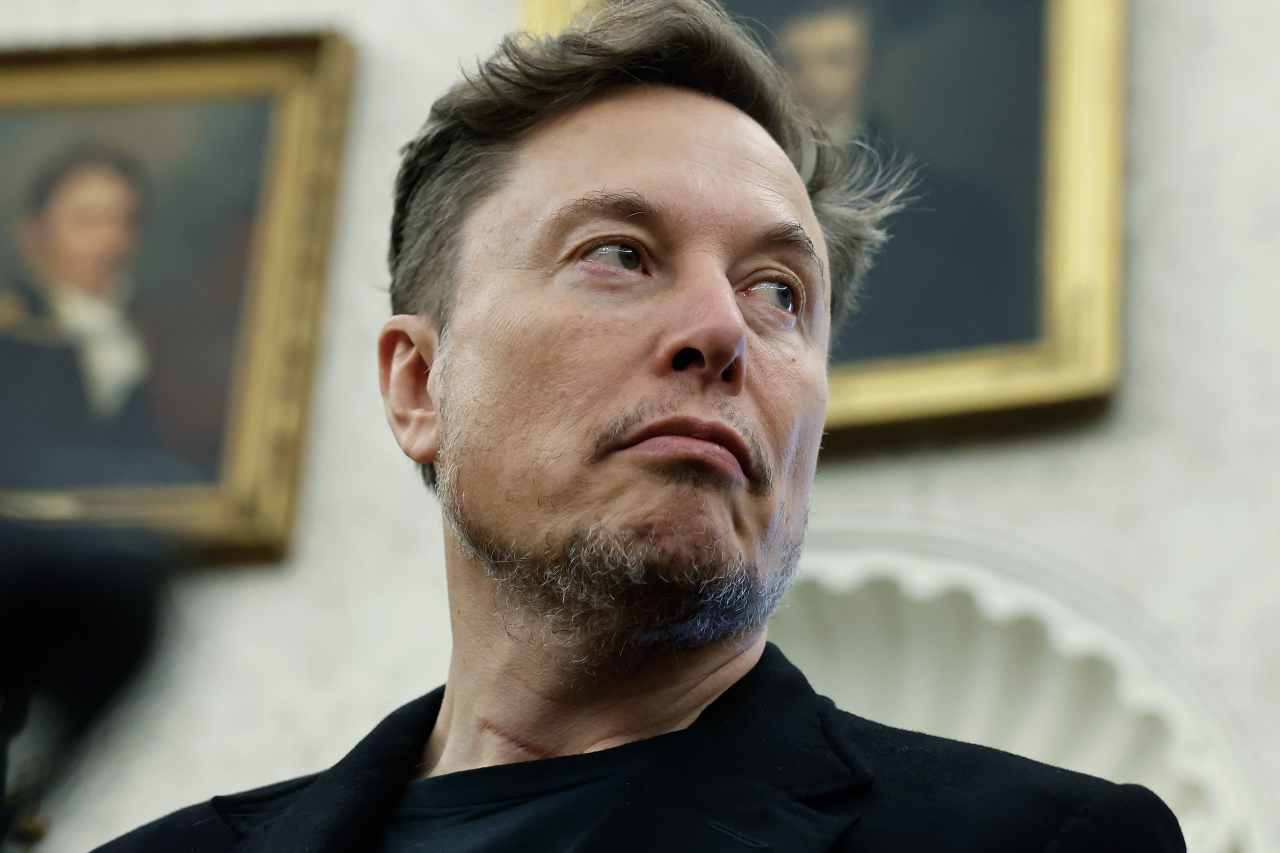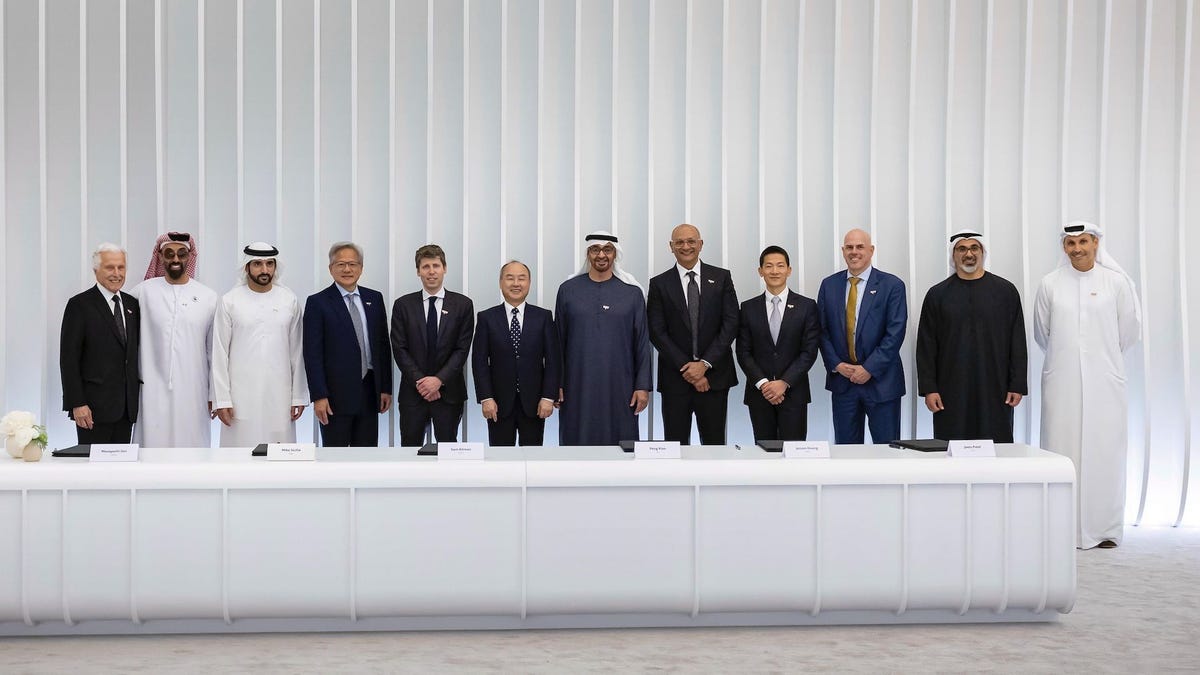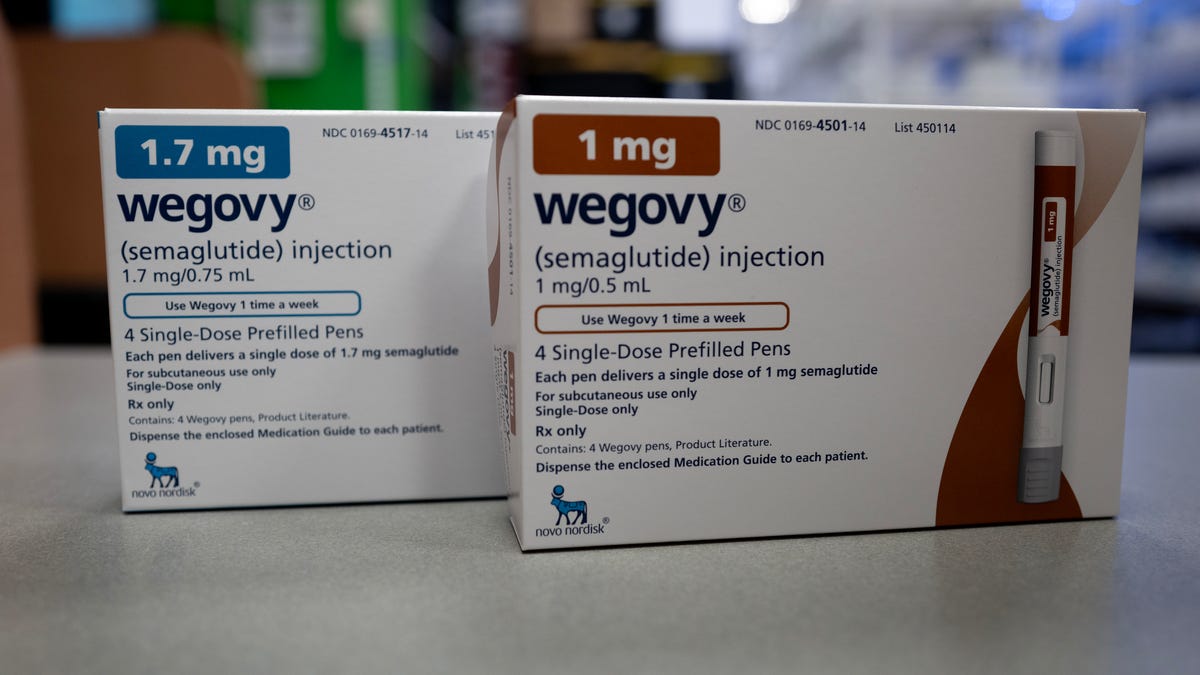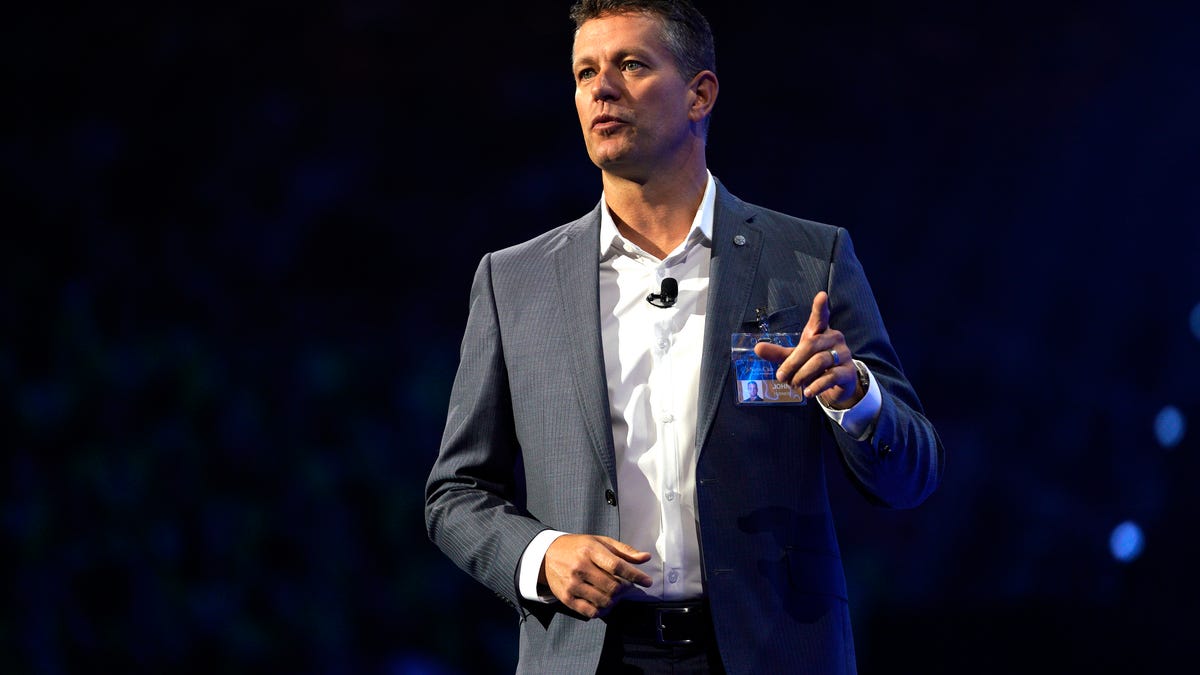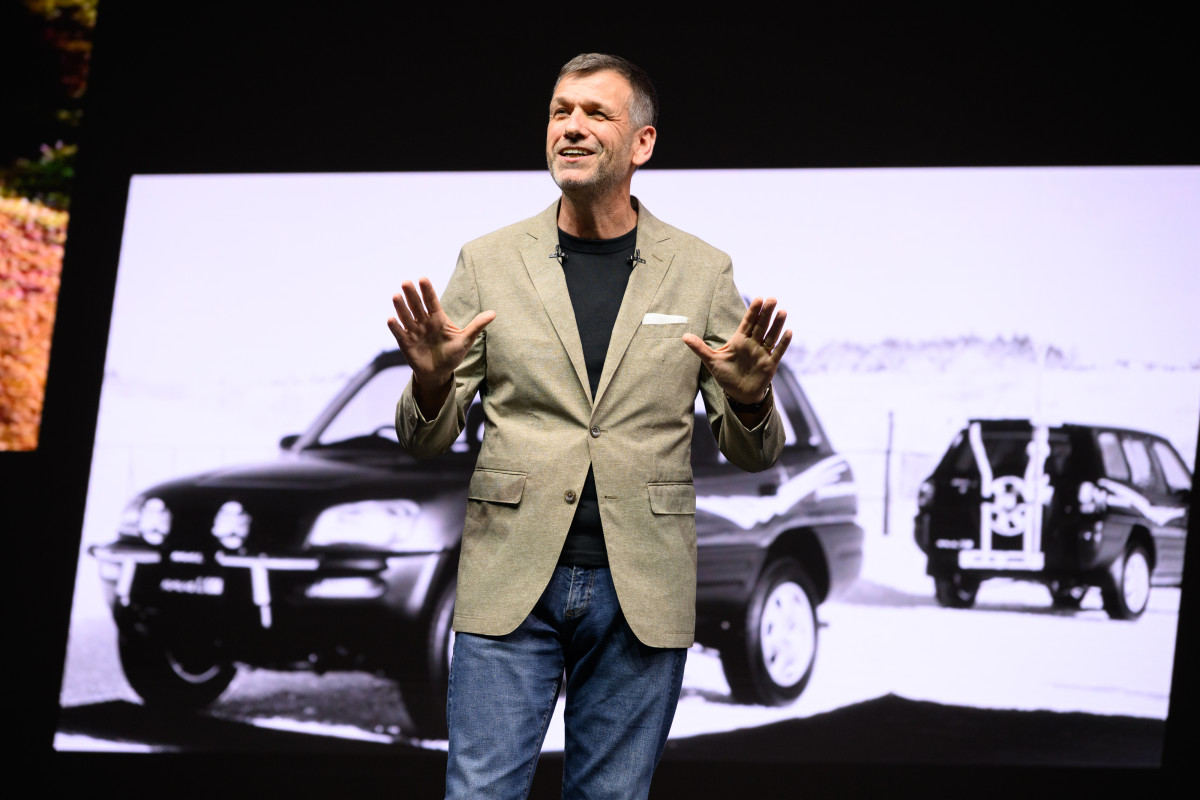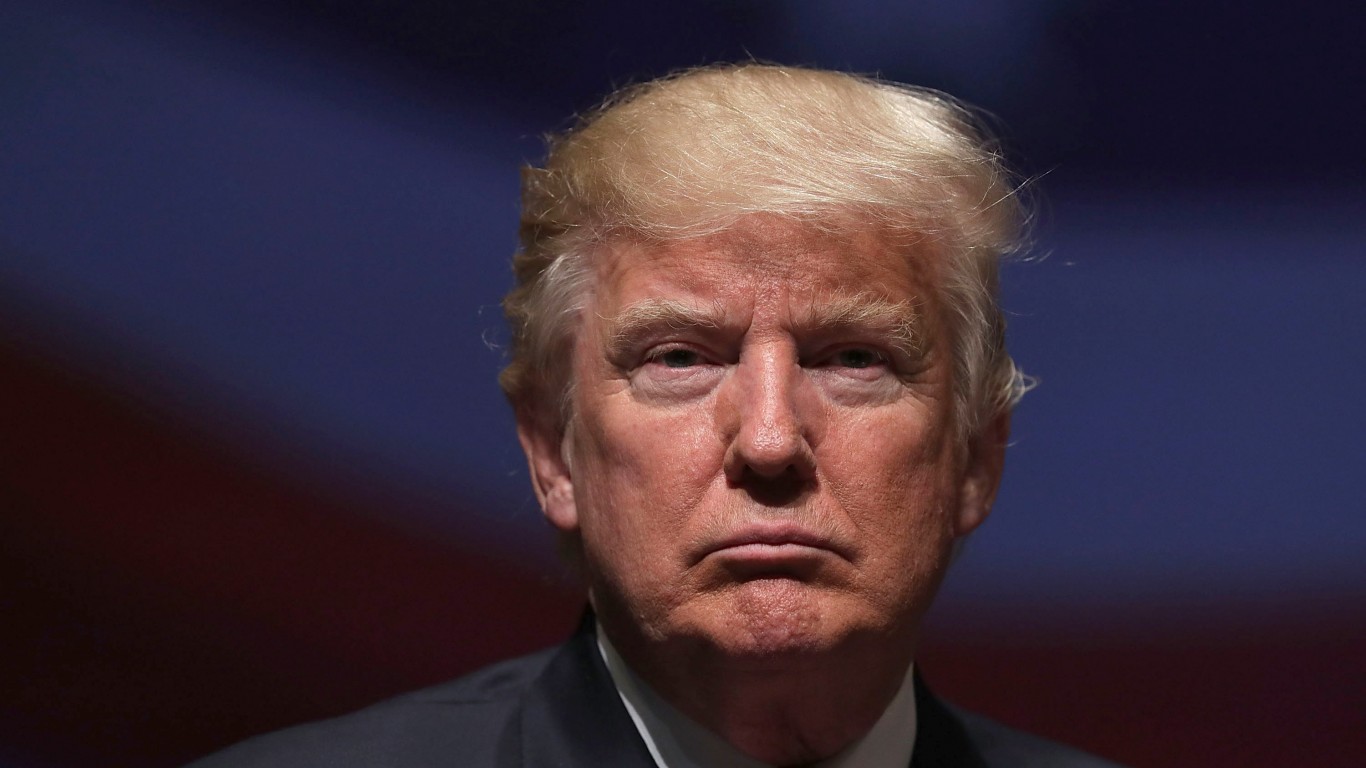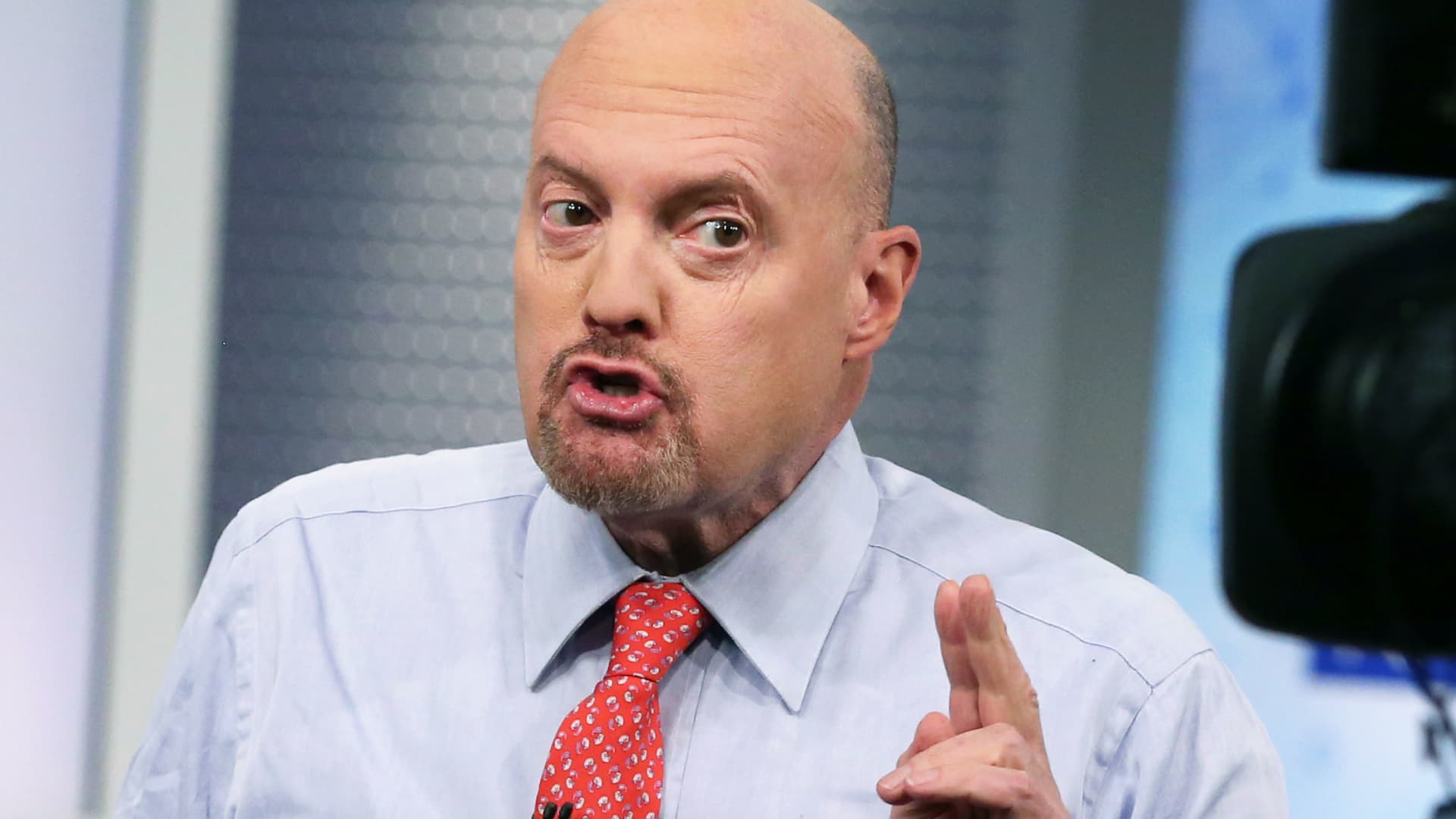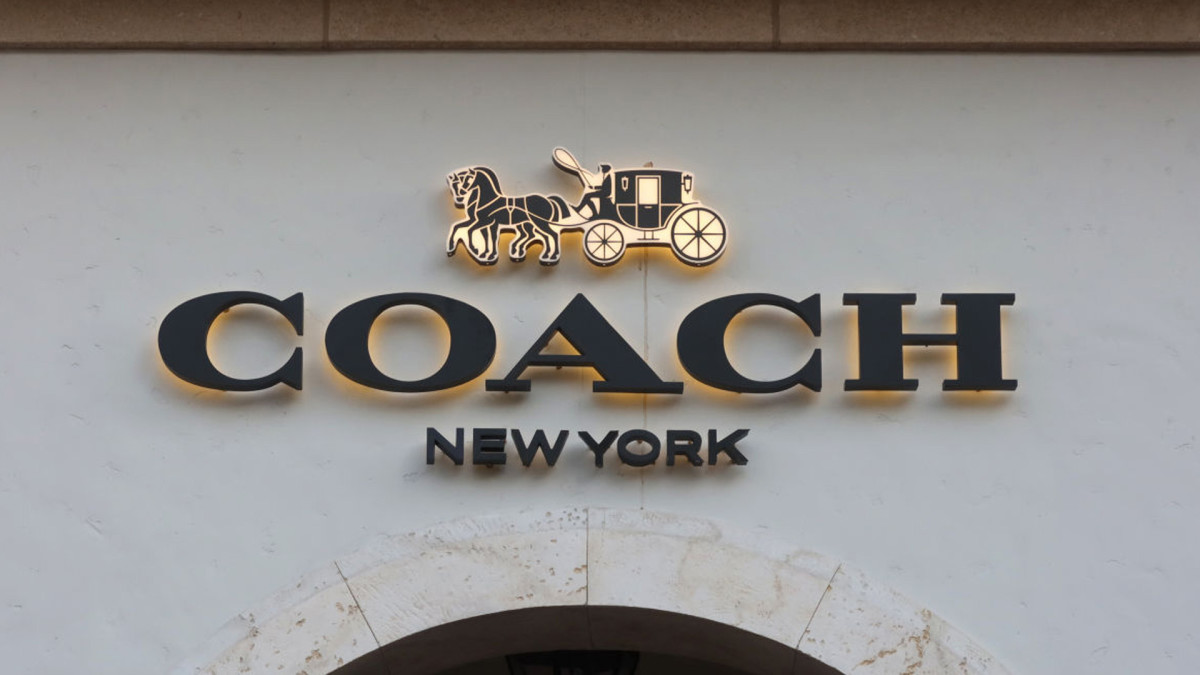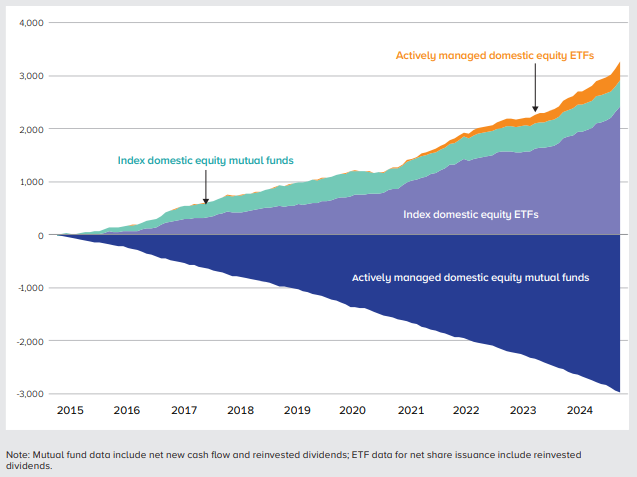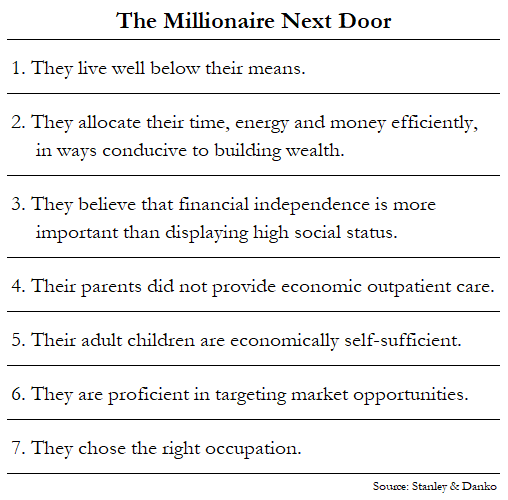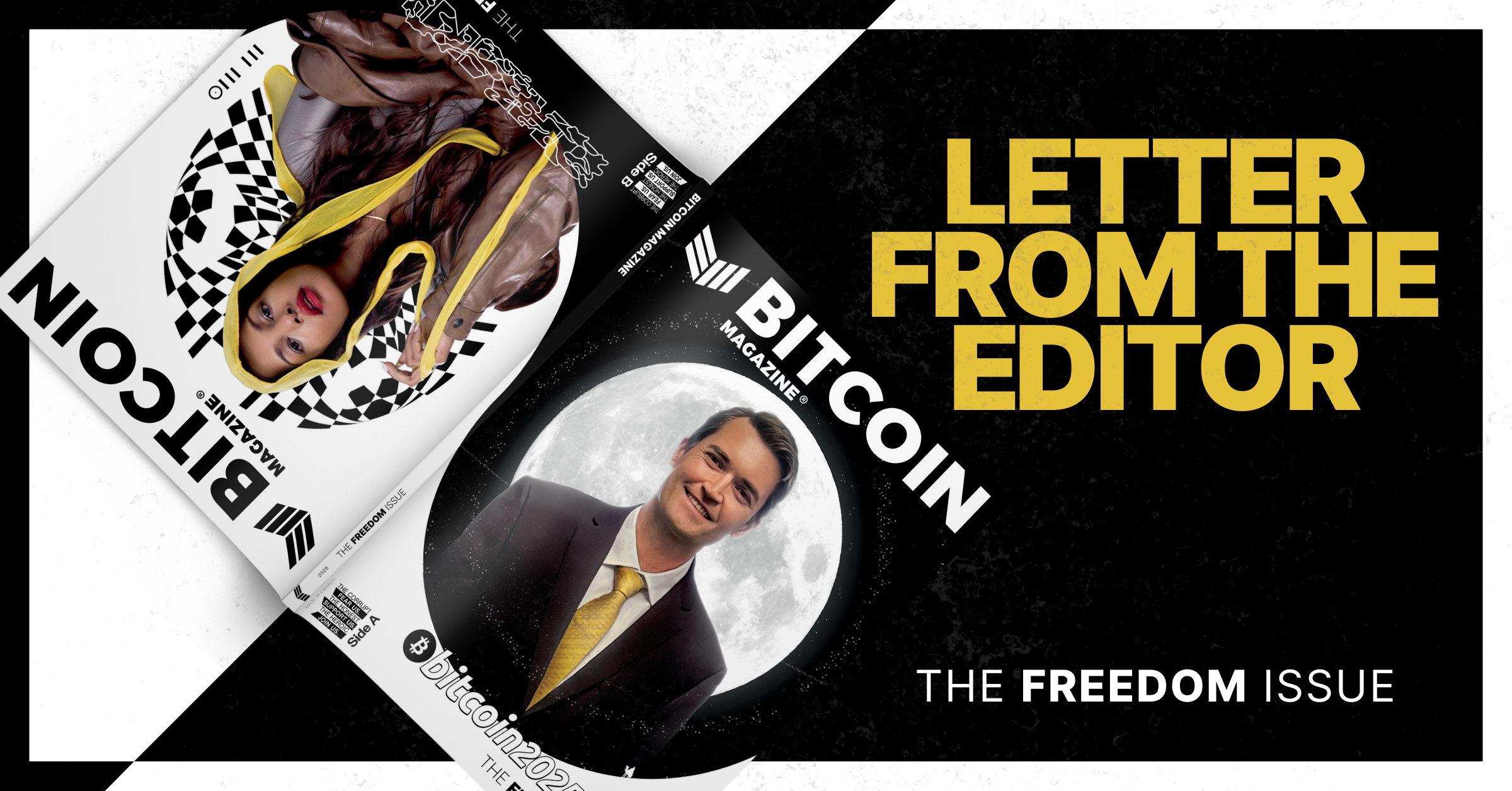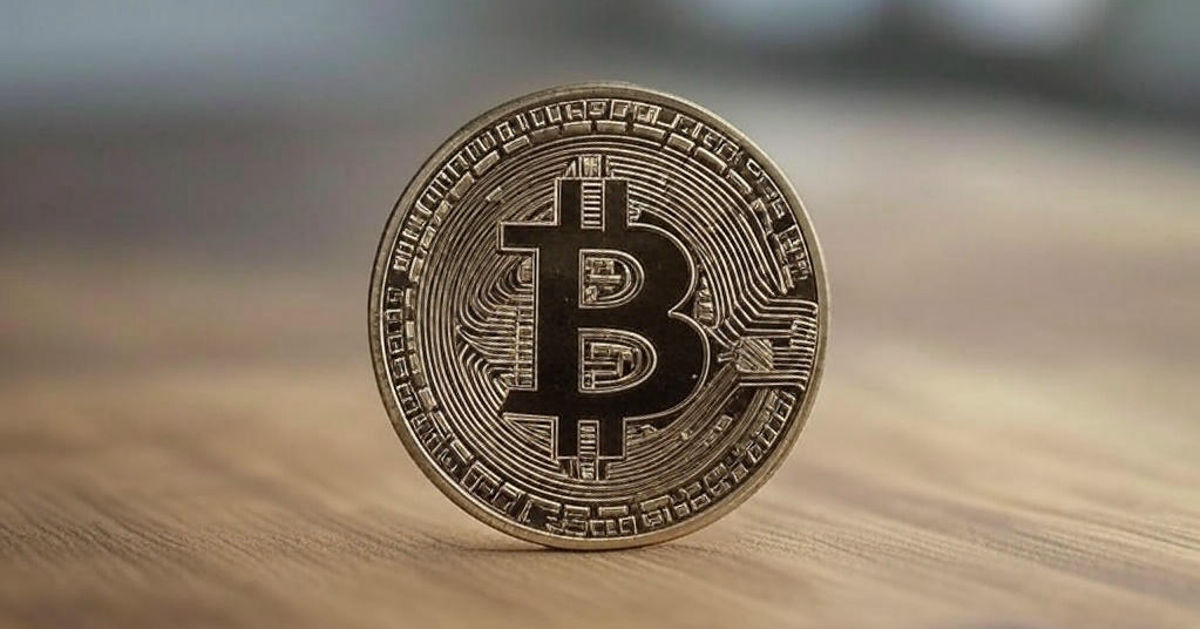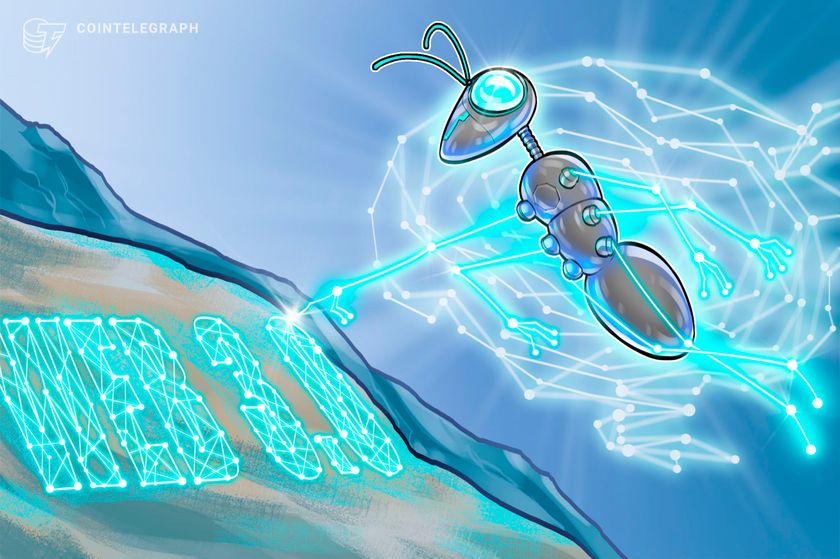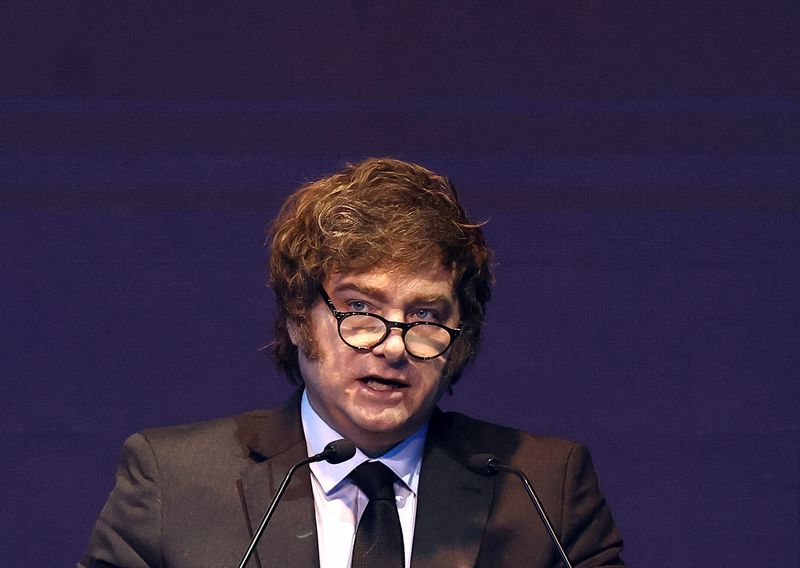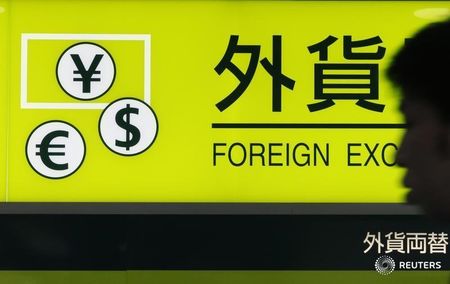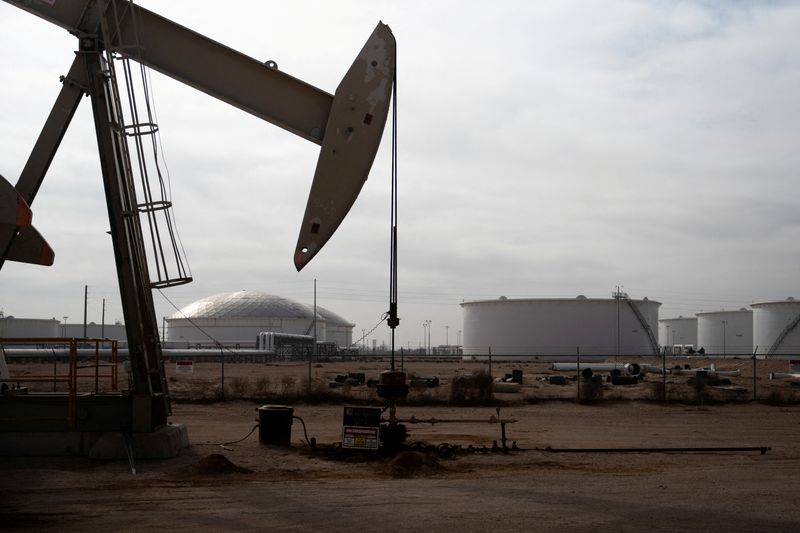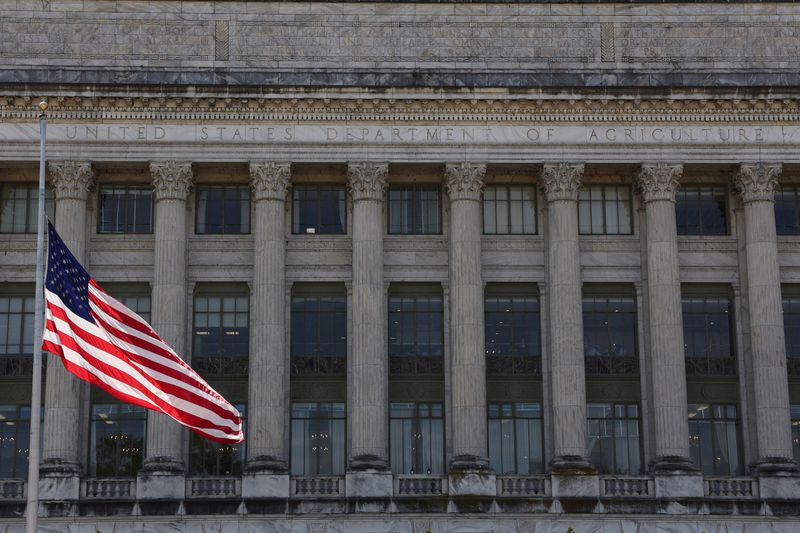Former U.K. prime minister Theresa May on how declining trust is tied to economic malaise: ‘You have to be able to give young people hope for the future’
Democracy "depends on people having different views, but being able to respect that other people can have different views," May said at the Fortune MPW International Summit.

Good morning! Nebraska can ban soda purchases with food stamps thanks to Brooke Rollins’ USDA, New York Attorney General Letitia James is under investigation for mortgage fraud, and former U.K. Prime Minister Theresa May closes out the MPW International Summit.
– Global hope. Fortune‘s Most Powerful Women International Summit in the Middle East closed yesterday with a wide-ranging conversation between my colleague Ellie Austin and former U.K. Prime Minister Theresa May.
May touched on her currency advocacy related to fighting modern slavery, why she champions a greener economy, and President Donald Trump’s unconventional approach to diplomacy.
One of the main challenges May sees in western politics today is the “absolutism” many bring to the table. Increasingly, she sees people will support someone whose views 100% align with theirs, and if there are differences, then they will be 100% opposed, she said.
“Democracy depends on debate. It depends on people having different views, but being able to respect that other people can have different views, and being able to talk about those and come to a solution,” May said. “And it’s so important that we maintain that approach.”
But May’s words during a back and forth on the turn against globalization—she was forced to quit as PM in 2019 after her Brexit deal was repeatedly rejected—have particularly resonated with me.
While discussing the declining trust that young people in democracies around the globe have in their leaders and institutions, May said that the sense of malaise often stems from the sense that their economic prospects are not meaningfully improving. She pointed to housing affordability and the growing threat of artificial intelligence eliminating entry level jobs as especially salient issues impacting today’s youth.
“You have to be able to give young people hope for the future,” May said. “You have to be able to show them that optimistic vision, that their life will be improving, that their life will be better.”
Also in Riyadh on Wednesday, Silvana Koch-Merin, a former Member of the European Parliament, detailed how she helped get parliament to include diaper-changing facilities in both women’s and men’s restrooms, Julie Brill, Microsoft’s chief privacy officer, discussed how AI is accelerating the pace of innovation, and Deemah AlYahya, secretary general of the Digital Cooperation Organization, raised alarm bells about the AI divide between the world’s wealthy and the so-called Global South.
And that’s a wrap on the international summit—a truly global event that brought together women from over 30 countries. Congrats to Emma, Ellie, and the whole team.
Alicia Adamczyk
alicia.adamczyk@fortune.com
The Most Powerful Women Daily newsletter is Fortune’s daily briefing for and about the women leading the business world. Today’s edition was curated by Nina Ajemian. Subscribe here.
This story was originally featured on Fortune.com
